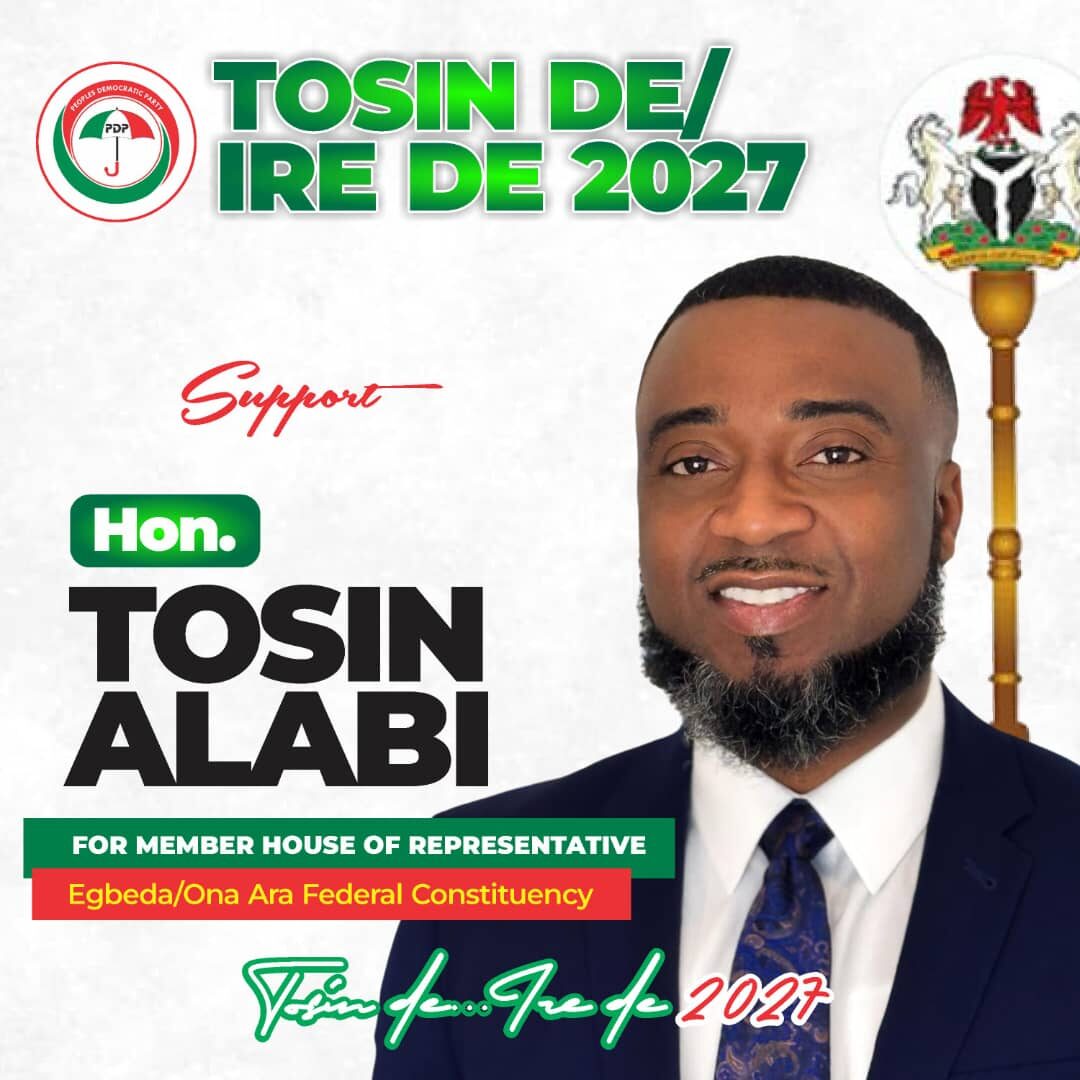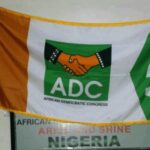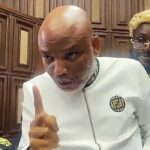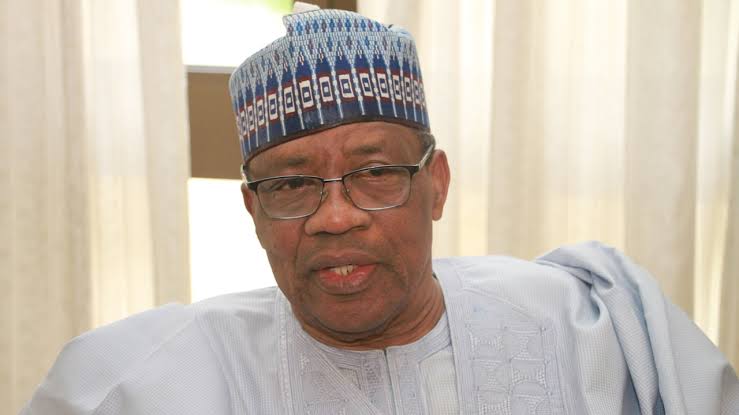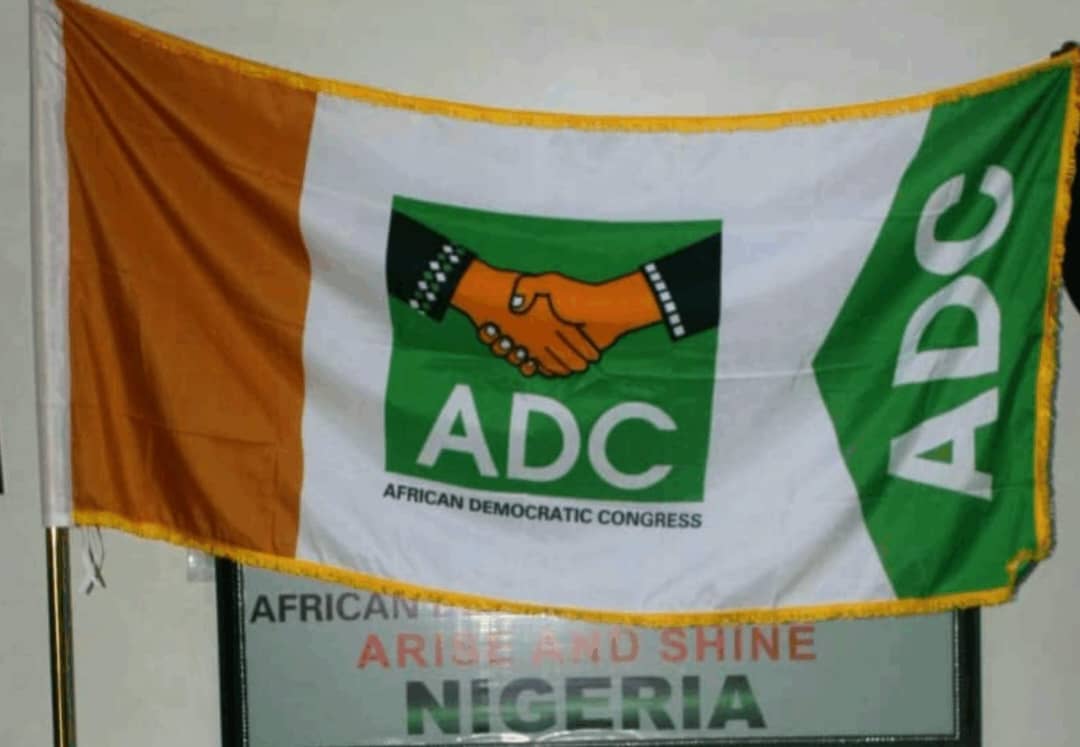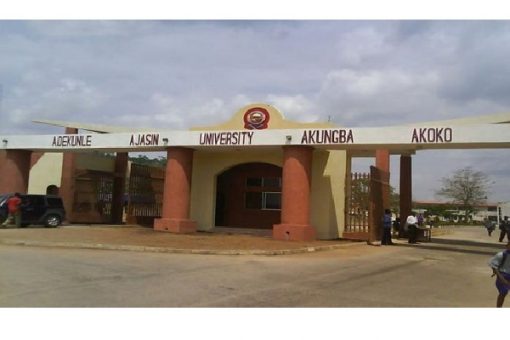Former Head of State, General Ibrahim Babangida (retd.), has revealed details of the foiled coup allegedly led by his childhood friend, General Mamman Vatsa, which he says compelled him to choose between preserving a longstanding personal bond and safeguarding the nation’s future.
In excerpts from his autobiography, ‘A Journey of Service,’ launched on February 20, 2025, Babangida recounts how early warnings about Vatsa’s alleged plans reached him “as a series of rumours.”
In Chapter 10 titled, ‘The Challenges of Leadership,’ the former military leader said though he initially dismissed the rumours as unfounded jealousy of the close relationship they bothshared since their youth, he consulted fellow officers, including Generals Nasko, Garba Duba, and Wushishi.
Subsequent covert investigations by military and other intelligence agencies, he explained, uncovered “incontrovertible evidence” that Vatsa had funded officers to facilitate the plot.
Babangida said, “With our experience in the few months in government and the benefit of hindsight based on previous rumours, I determined that the best way to tackle the rumours about a possible Vatsa coup was by confronting the principal suspects.
“When the decibel of the stories rose too high, I confronted Vatsa himself after reporting the rumours to more senior colleagues like Generals Nasko, Garba Duba and Wushishi. Nasko intervened and tried to find out the truth from Vatsa. Vatsa flatly denied it all, but the covert investigations by the military and other intelligence services continued.
“Once substantial incontrovertible evidence was established, the arrests began. It turned out that Vatsa had paid several officers money to facilitate the coup operation. One of them was Lt-Col. Musa Bitiyong, who was given N50,000.
“He admitted it, and Vatsa also admitted the payment but said he wanted to help Bitiyong establish a farm project — the case of Lt-Col. Musa was not helped because he had previously been involved in other controversial coup stories.”
Among the reported plans were the bombing of the Eko Bridge in Lagos and the sabotage of key Air Force assets.
Referring to the scheme as “dastardly,” he said intelligence revealed plans to hijack or shoot down the presidential aircraft.
“I felt a deep personal sense of betrayal,” he noted, citing their decades-long friendship that began in Minna.
Once the military tribunal completed its review, Babangida said, “it was clear that the coup planners had to be executed.”
Vatsa and nine other co-conspirators were executed in March 1986, a decision Babangida called “a personal loss of a childhood friend” but one necessary to secure Nigeria’s stability.
He wrote, “They had planned a bloody coup which would have plunged the country into darkness. I had to choose between saving a friend’s life and the nation’s future.
“Above all, everyone who had signed on to a military career understood clearly what it meant to plan a coup and fail. The penalty was clear and unmistakable.”
Reflecting on the emotional toll, Babangida described being “somewhat depressed” over Vatsa’s death yet insisted his responsibility to uphold national security took precedence over personal ties.
“Of course, Vatsa’s death was a personal loss of a childhood friend. As a human being, I was somewhat depressed to watch him die in such circumstances.
“However, the nation’s stability and the cohesion of the armed forces were too high on the scale of priorities to be sacrificed for personal considerations. The law and the imperatives of order and national security are overriding.
“Everyone who had signed on to a military career understood clearly what it meant to plan a coup and fail,” he said.
According to him, members of Vatsa’s family and various political interests later attempted to politicise the episode, but he remained resolute that the execution was vital for “the cohesion of the armed forces” and the country as a whole.
In his account, Babangida noted that some senior officers had expressed dissatisfaction about Vatsa’s appointment as Minister of the Federal Capital Territory, mainly because the latter played no role in removing General Buhari.
Nonetheless, the former Head of State said he “remained true” to their friendship and “bent backwards to accommodate his excesses and boisterousness.”
Speaking at the official launch of his autobiography and fundraiser for the IBB Presidential Library in Abuja, Babangida expressed regret over the annulment of the June 12, 1993, presidential election, acknowledging that the candidate of the Social Democratic Party, Moshood Abiola, won the elections.
However, he blamed ‘forces’ led by former Head of State, General Sani Abacha, for annulling the elections.
In the 12th chapter of the book subtitled, ‘Transition to civil rule and the June 12 Saga, he wrote, “I remember saying: ‘These nefarious ‘inside’ forces opposed to the elections have outflanked me!’
“I would later find out that the ‘forces’ led by General Sani Abacha annulled the elections.
“There and then, I knew I was caught between ‘the devil and the deep blue sea!! From then on, the June 12 elections took on a painful twist for which, as I will show later, I regrettably took responsibility.”
He also said the annulment was to avoid a foreseen elimination of Abiola, which would plunge the nation into a civil war.
“While I accept that the unfortunate denial of his mandate amounted to a subversion of the will of the Nigerian people, I was petrified that if Abiola got killed, it could lead to a civil war. Having participated in one civil war, with all its horrors, pains and devastation, I wasn’t prepared to see another,” he wrote on page 287.
Vatsa Family Demands Restitution
Reacting, a family member of late Vatsa, Jonathan, knocked the former military dictator over his apology for the annulment of the June 12 presidential election.
Jonathan insisted that the killing of his brother was unjust.
He said, “My stance has always been that he was killed unjustly. He never deserved to die. There was no valid reason for his execution, even though the military tribunal sentenced him to death. He had the right to appeal. Before he could even file an appeal, they announced he had been killed an hour earlier. Why the rush to execute an innocent man?
“It’s like winning a case in court and, according to the Nigerian constitution, you have the right to go to a higher court, but before you can do so, they claim your time has run out. They weren’t fair to him. It wasn’t about sacrifice; they saw him as a threat. If he had been alive, they wouldn’t have been able to accomplish the things they did.
“He (Babangida) owes Nigerians apology on so many issues. And it’s not only apology he owes Nigerians. He should thank God he is still alive and he has the opportunity to say I’m sorry. So, he should equally summon the courage, not only to apologise, he should equally make restitution. Everything that he has taken from Nigerians that was not in the right way, he should make restitution.
“He should return them back to Nigerians. It could be money, it could be property, it could be anything he has acquried not the right way because he has the opportunity, he’s alive so that whatever he is doing now will look genuine before Nigerians. But I really want to go through the book; I have got it online; I’m making my points.
Abiola’s Daughter, Odumakin Slam IBB
Hafsat Abiola-Costello, daughter of the late Chief MKO Abiola, while reacting, said although the acknowledgement of IBB that her father won the 1993 election was significant, it did not change the pain and injustice suffered by her family and Nigerians.
“For decades, Nigerians have known the truth. This is not new to us. But it is important that history records it from those who played a role in that dark chapter,” she said.
She noted that whenever the date was mentioned, her thoughts went to her parents, MKO and Kudirat Abiola.
According to her, the importance of June 12 goes beyond them, as it represents the collective hope of Nigerians for a better and more united country.
She said, “MKO may have been the symbol of the Hope ‘93 campaign but June 12 was about more than one man, it was about the promise of Nigeria that would deliver for Nigerians.
“For those that kept expressing doubt that Nigerians had spoken so decisively on that day, I’m glad that General IBB’s admission that MKO won the election can now lay the matter to rest.
“It’s sad that such a galvanising statement as the breakthrough vote for MKO should have been truncated by an unjust annulment. But I will be forever grateful to both MKO and Kudi for not allowing their fears for their personal safety to stand in the way of the people’s desire for a better Nigeria. May such commitment endure.”
Also, a human rights activist and President of the Centre for Change, Dr Joe Odumakin, strongly criticised the former military leader over what she called a “hatchet job” to “mislead the present generation of Nigerians.”
In a statement on Friday, Odumakin particularly objected to Babangida’s “Maradona style double-speak,” noting that in “one breath, he took responsibility for annulling June 12,” while also shifting blame to the late General Sani Abacha, who served as his Chief of Army Staff.
She said, “It is indeed ridiculous that Babangida would stoop to accusing a dead man of such a heinous crime, knowing full well that the accused can never defend himself.
“It is indeed ridiculous that Babangida, as the Commander-in-Chief of that junta, could descend so low to accuse a dead man of such a heinous crime, knowing fully well that the accused would forever remain silent.
“Has Babangida forgotten that as the Head of State, he had the power to sack Abacha if, indeed, the latter had threatened the people’s mandate given to Abiola?
“Has IBB forgotten that his so-called transition to the civil room programme was not only long and winding but also full of booby traps?”
According to Odumakin, it was clear that Babangida’s transition programme was not designed to hand power over to a democratic government.
She cited the “banning, unbanning, and rebanning of political associations and individuals” as further evidence that IBB harboured no real intention of relinquishing power.
“We recall that he postponed the hand over date to a democratically elected government on two occasions in 1990 and 1992 before cancelling the election in 1993. Will he also blame Abacha for those postponements?
“What about the banning, unbanning and rebanning of political associations and individuals? Would Abacha also take the blame for that? It was an open secret that Babangida’s transition to civil rule programme was not designed to achieve a real hand over of power to democratic Government,” she stated.
WARNING: If You Are Not 18+, Don’t Click The Link Below 👇🫣
https://disloyalmoviesfavor.com/kx6iepv2qm?key=6c14bd1d68e1eba721851f19778f5efe
https://poawooptugroo.com/4/8902554
Please don’t forget to “Allow the notification” so you will be the first to get our gist when we publish it.
Drop your comment in the section below, and don’t forget to share the post.
Never Miss A Single News Or Gists, Kindly Join Us On WhatsApp Channel:
https://whatsapp.com/channel/0029Vad8g81Eawdsio6INn3B
Telegram Channel:
https://t.me/gistsmateNG
